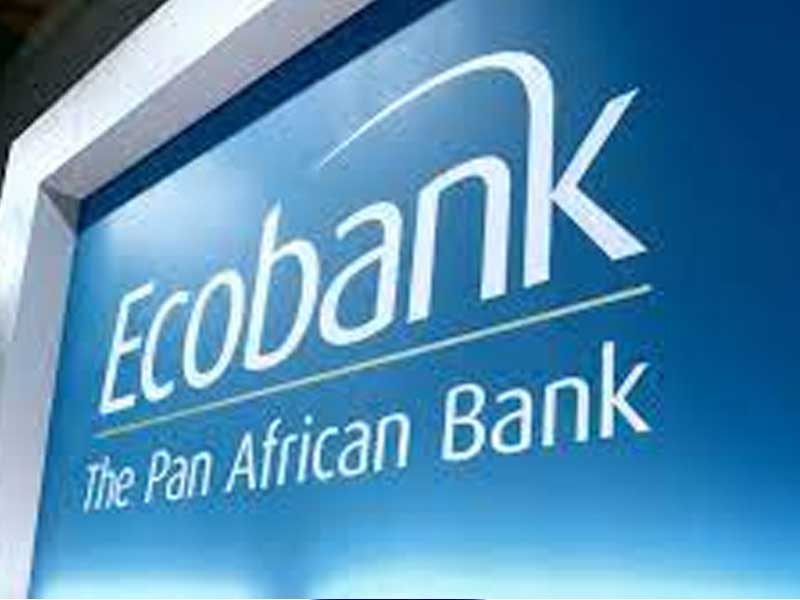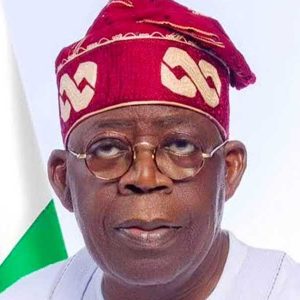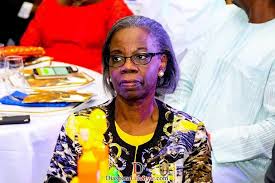South Africa’s Nedbank Group Limited, the biggest shareholder in Ecobank, has announced that it plans to sell its 21.2 per cent stake in the pan-African bank in order to focus on businesses in the southern and East African regions.
Ecobank was founded in 1985 in Lomé, Togo, by the Federation of West African Chambers of Commerce and Industry, with the support of the Economic Community of West African States (ECOWAS) in response to the dominance of foreign and state-owned banks in the region.
Ecobank is the largest Pan-African banking group in terms of geographic reach. It operates in over 30 African countries. Its regional hubs are established in Lagos (Nigeria), Accra (Ghana), Abidjan (Côte d’Ivoire), and Nairobi (Kenya).

The planned disposal of the stake in the Togo-based Ecobank will mark the end of a 17-year strategic alliance that enabled Nedbank to expand its footprint beyond its home region.
In a statement yesterday, the bank stated that it had completed a review of its investment, and now recognises the risks of continuing to hold onto the investment in the bank due, in part, to regulatory uncertainty.
“Regarding our investment in Ecobank Transnational Incorporated (ETI), we have concluded a strategic review of the group’s financial investment, recognising the risks of continuing to hold onto the investment due to regulatory uncertainty and potential increasing capital requirements.
“As a result of the review, the group’s financial investment in ETI has from 30 June 2025 been classified as a non-current asset held for sale in terms of IFRS 5,” said the bank’s Chief Executive, Jason Quinn.
IFRS 5 – Non-current Assets Held for Sale and Discontinued Operations is an International Financial Reporting Standard issued by the International Accounting Standards Board (IASB).
“The board has approved a formal plan to dispose of the investment, and we are currently engaging interested parties and, if a sale is concluded, it will be a clean deal subject only to normal regulatory approvals.
“This change represents a reset of Nedbank’s strategy on the rest of the continent with a clear focus on the SADC (Southern Africa Development Community) and East Africa regions in businesses we own and control, and in areas where we can play to our strengths,” Quinn added.
Nedbank’s shares fell as much as 5.8 per cent and traded 5.2 per cent lower at 237 rand by 11:14 a.m. in Johannesburg yesterday, on investors’ concern about the impact of the sale on the bank’s return on equity, after the bank cut its growth targets for the year.
The South African lender became Ecobank’s largest shareholder in 2008 through a $500 million investment that was formalised into a partnership in 2014. The purchase gave Nedbank access to the West African bank’s presence in 33 countries, including 32 across sub-Saharan Africa and one in France.
Nedbank said its initial investment case had been negatively impacted by the deterioration in the economy of Nigeria where Ecobank has a large operation and the exit of various South African clients from the region, which has limited cross-sell opportunities. Synergies between the two businesses had not been forthcoming, it said.
“The board and management recognise the risks of continuing to hold onto the investment due to regulatory uncertainty and potential increasing capital requirements, which may result in a scenario where Nedbank may be required to inject additional capital to prevent shareholding dilution,” the lender added in the statement.
Nedbank’s accrued associate income of 6.8 billion rand ($379 million) from Ecobank, but only realised 400 million rand through dividends. The investment also led to unrealised foreign-currency translation reserve and other comprehensive income losses of 6.9 billion rand over the 17-year period. Nedbank said the investment in Ecobank had a carrying value of 1.8 billion rand and a market value of 1.9 billion rand.
Fitch Ratings Inc. last month downgraded Ecobank Nigeria’s local rating to reflect the bank’s material capital shortfall, with its total capital adequacy ratio being in breach of the 10 per cent regulatory requirement since 2024 despite extensive regulatory forbearance.
Nebank said it will use the proceeds of the sale on other growth opportunities to boost its southern African and retail businesses. The company also said that profit rose in the first half as fee income growth boosted revenue, and lower credit losses cut impairment charges.
Besides, Quinn partly blamed recent US policies, in particular tariffs, and geopolitical conflicts, which resulted in significant financial market volatility and reduced business confidence for the decision to refocus its business strategy.
“The operating environment during the first half of the year was challenging. Uncertainty relating to US policies, in particular tariffs, and geopolitical conflicts resulted in significant financial market volatility and reduced business confidence,” it added.
Ecobank’s operations in central and West Africa are exposed to some economies that have been pressured by unfavourable currency swings since Nedbank bought the stake in 2014.
In Nigeria, where Ecobank has a large operation, various South African clients have exited from the region, which has limited cross-sell opportunities, while collaborative benefits have not been forthcoming, Nedbank said.
Over the time that Nedbank has held an interest in Ecobank, associate income of 6.8 billion rand ($378.6 million) has been recognised; however, only 4 million rand has been realised through dividends received, the lender said.
Stay ahead with the latest updates!
Join The Podium Media on WhatsApp for real-time news alerts, breaking stories, and exclusive content delivered straight to your phone. Don’t miss a headline — subscribe now!
Chat with Us on WhatsApp







